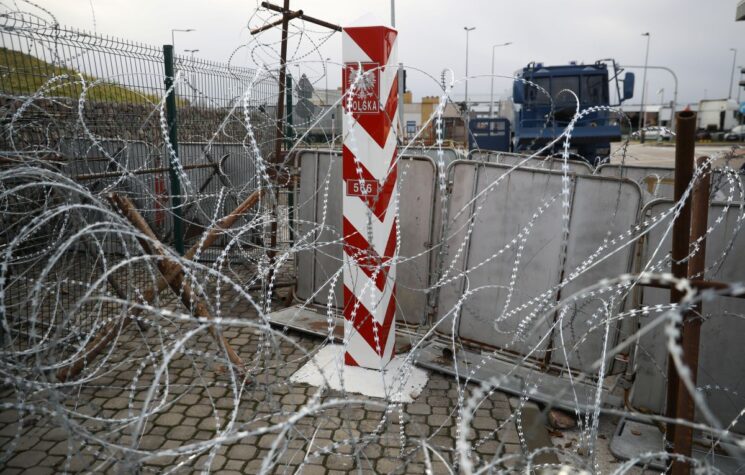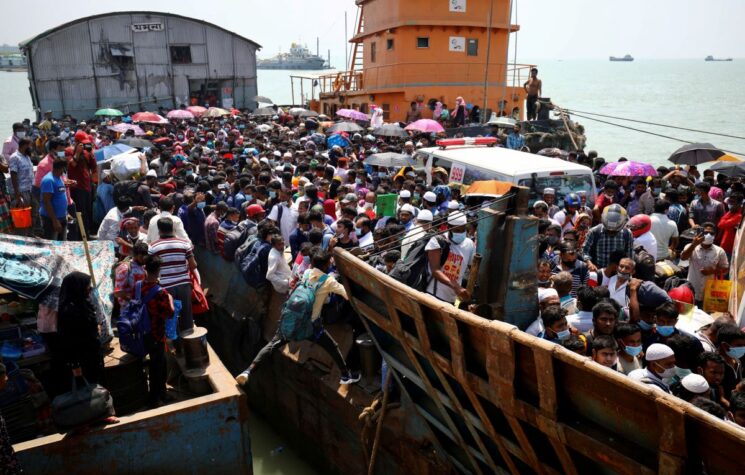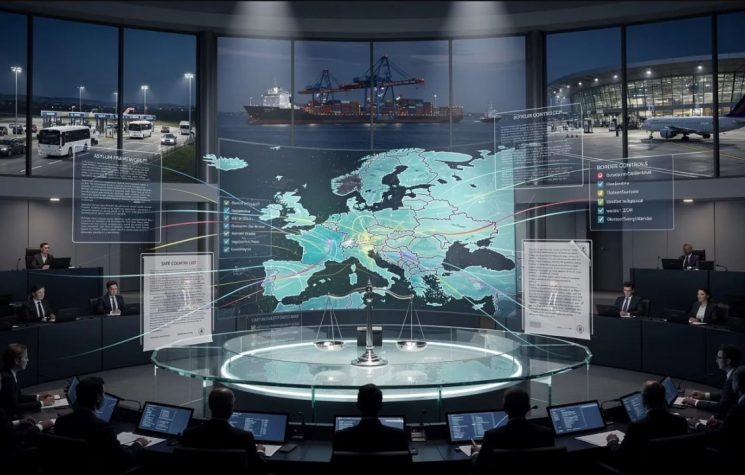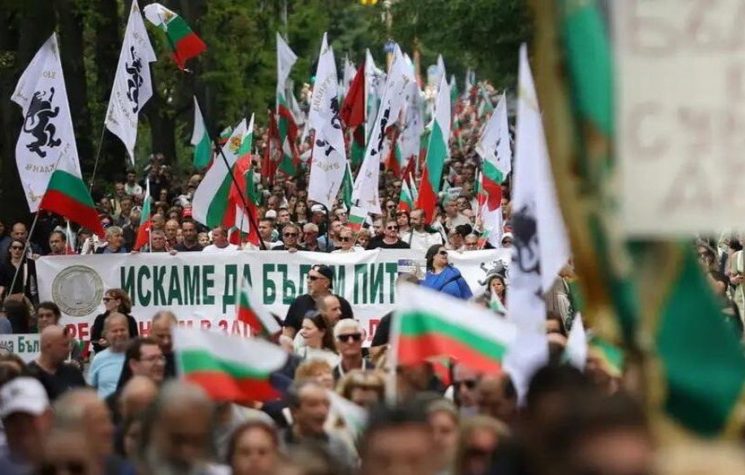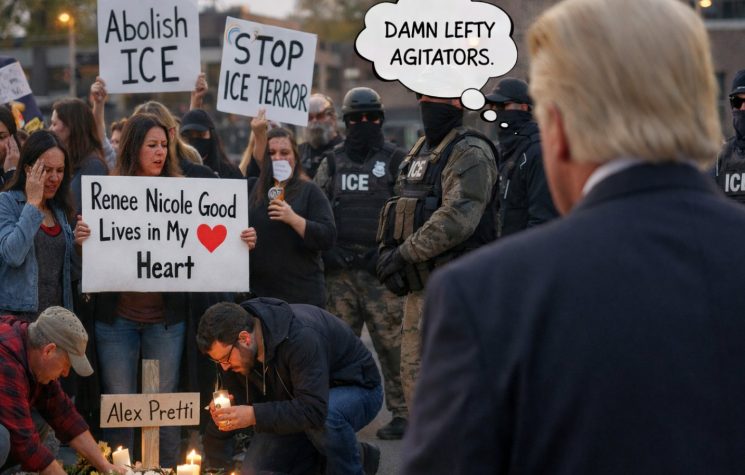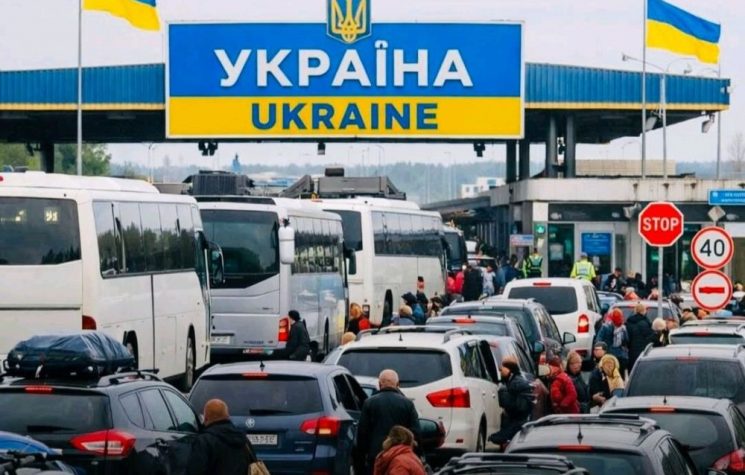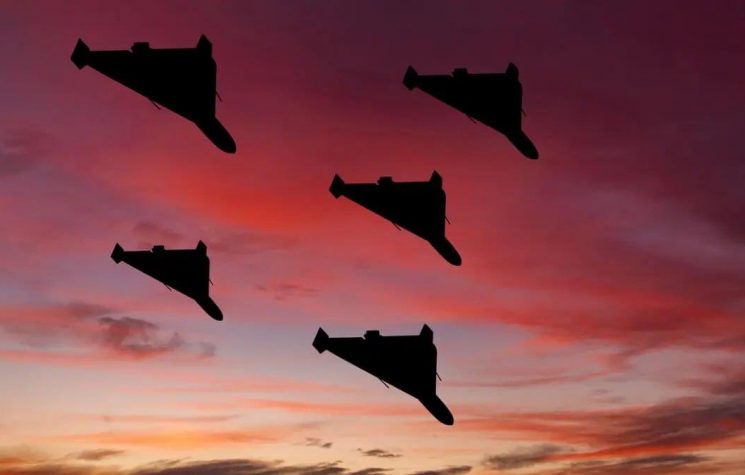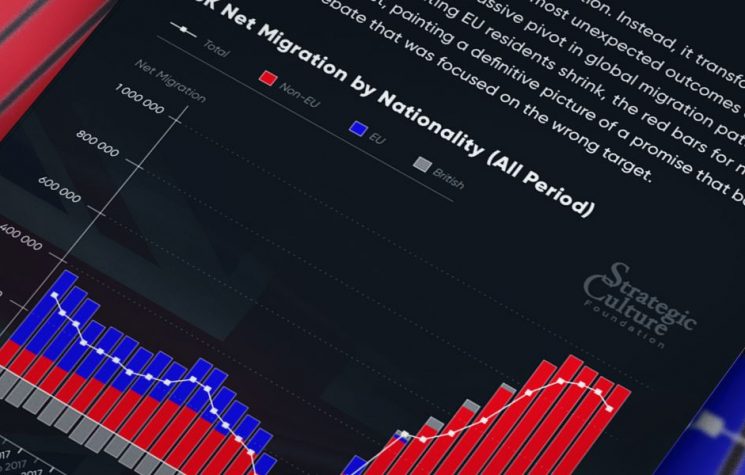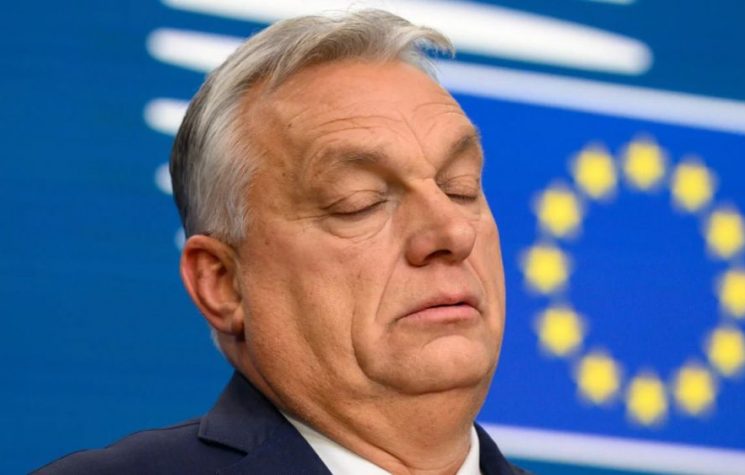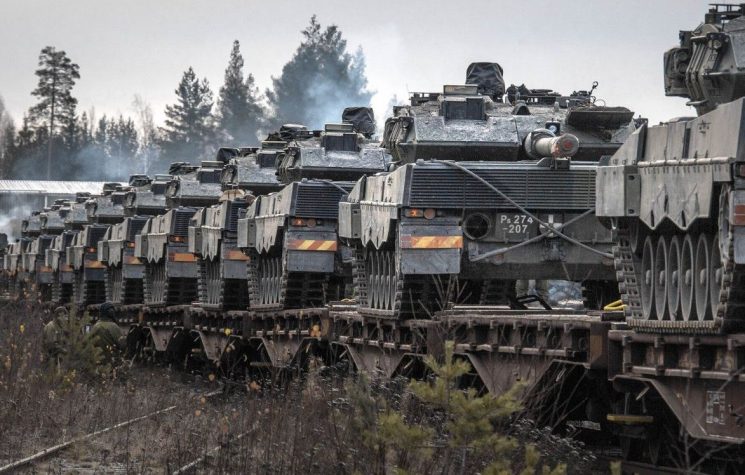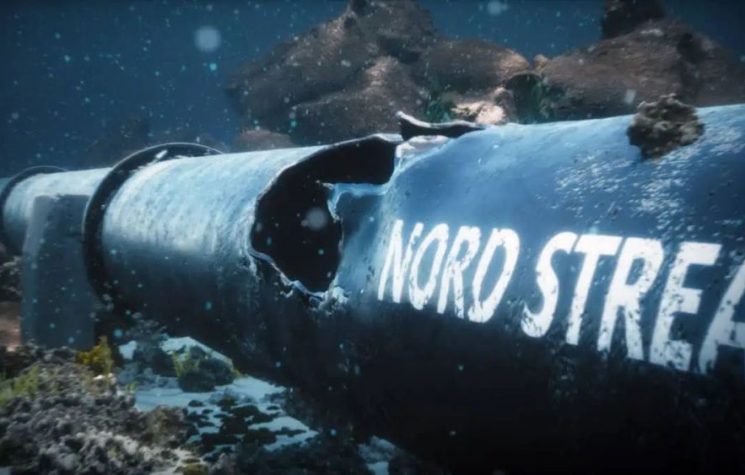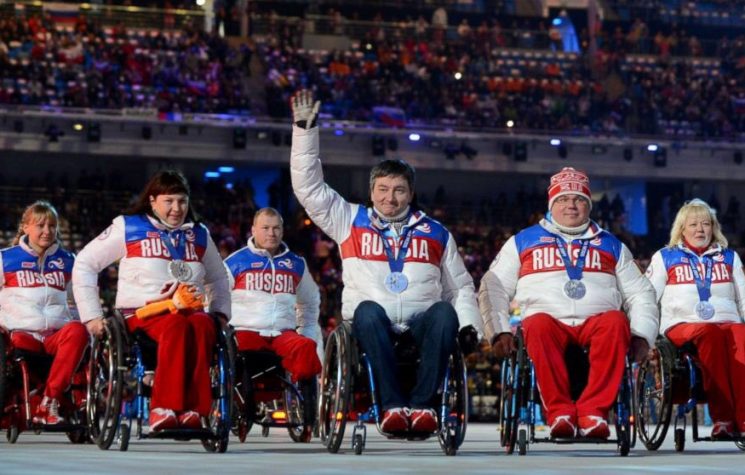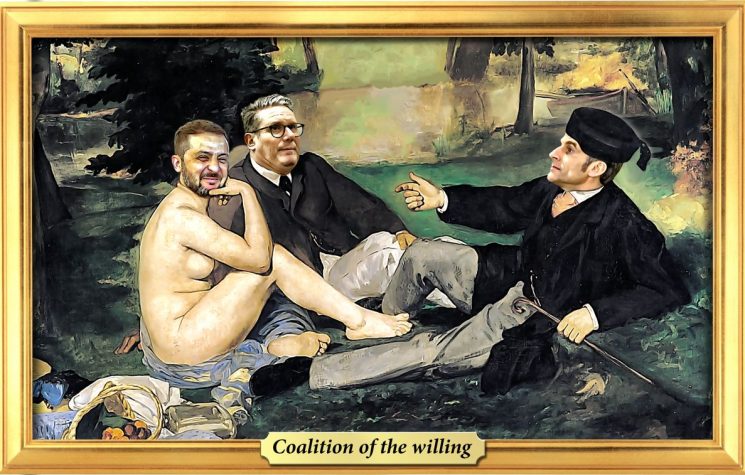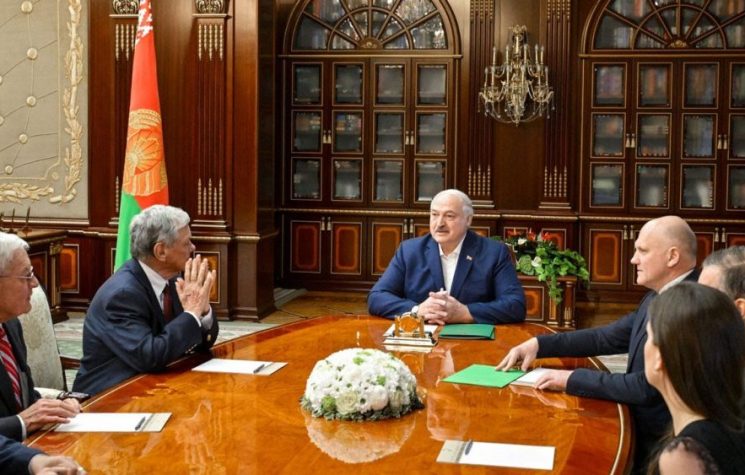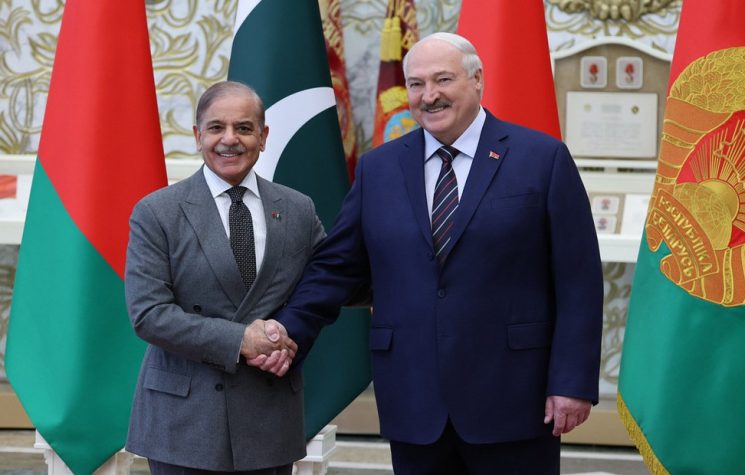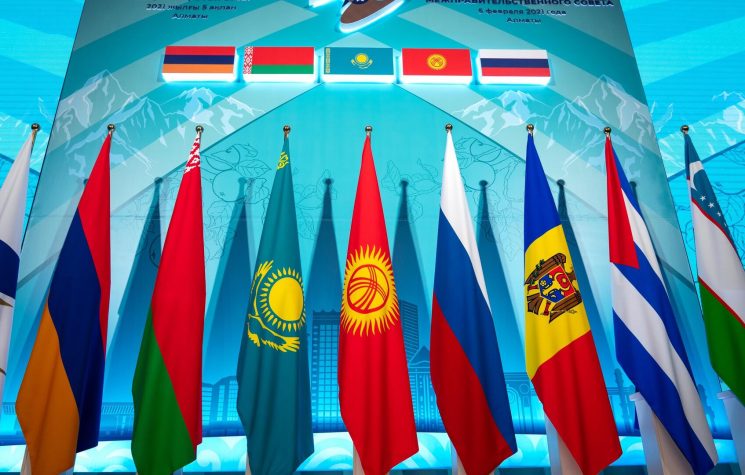Refugees must be treated with compassion and coal-mining phased out. And conflict must be avoided, Brian Cloughley writes.
In the depths of eastern Europe’s bitter winter, Polish troops fired tear gas and thousands of litres of icy water from vehicle-mounted cannon brought up to the border with Belarus where hundreds of refugees from the Middle East were trying to get into civilised Europe via Poland. The refugees, already trembling with cold in freezing temperatures, were soaked to the skin. Their plight was indescribable. And the U.S.-Nato military alliance reacted to the humanitarian crisis by increasing the level of its confrontation with Russia.
Secretary General Stoltenberg held a meeting of European defence ministers and declared “We stand in solidarity with Poland and other affected allies” while the U.S. official outlet, Radio Free Europe (annual government allocation $124 million) reported in justification of Poland’s water-cannon barrage that “The impact of a stone thrown by a migrant was so forceful that one officer’s helmet was damaged, police said following similar clashes in recent days.”
Make no mistake, the ruler of Belarus, President Alexander Lukashenko, is a malevolent lamebrain whose approach to human rights and society is entirely negative. But at least he didn’t order his troops to spray freezing water over unarmed civilians whose suffering should have attracted sympathy and energetic assistance rather than lip-smacking publicity statements from such as Lithuania’s foreign minister, Gabrielius Landsbergis, who declared on November 15 that “it is very likely that Ukraine could be attacked while we are dealing with the situation on the Polish, Lithuanian and Belarusian border.” But they are not “dealing” with any situation as it effects the iced-over refugees, because this would be much less attractive than trying to persuade the outside world to believe that the whole thing has been contrived by Russia in order to invade Ukraine.
U.S. News and World Report weighed in to the fantasy of Russian involvement by headlining that “Russia Deploys Commandos to Belarus as Migrant Crisis, Ukraine Tensions Spark Western Fears” and went on to assert that “Russia has orchestrated the deployment of special operations troops to the northern border of Belarus to see how sudden surges of migrants to the area are straining neighbouring NATO countries’ ability to respond, a source familiar with local governments’ assessments tells U.S. News — the latest development in Moscow’s troubling campaign of destabilization against Europe. It was not immediately clear whether the commandos came from Russia or from Belarus, says former U.S. Army Europe Commander Ben Hodges, who says senior officials in Latvia believe the deployments are at least for reconnaissance, if not some other form of nefarious distraction.” The story is so absurd it was not carried by the western mainstream media, and even the likes of the New York Times confined themselves to reporting such snippets as “As the Polish government pressed ahead with legislation that would extend the country’s most sweeping state of emergency in modern history, Prime Minister Mateusz Morawiecki told the German publication Bild that ‘by defending the Polish border, we defend the whole of Europe’.”
Presumably Poland’s prime minister meant that he and his water-cannon troops are defending Western Europe against an invasion by what Reuters stated on November 16 are “Up to 4,000 migrants, mostly from Iraq and Afghanistan” [emphasis added] who “are now waiting in freezing forests on what is not only Poland’s frontier but is also the external border of the EU and NATO, the Western military alliance.”
It is far from surprising that Poland is trying to get as much as it can out of this dreadful humanitarian crisis because Warsaw is trying to deflect Europe’s attention from its ongoing swing to ultra-right wing policies, including government control of the judiciary. As the BBC told us on October 27, before the refugee emergency, Poland rejected the primacy of EU law, which action was described by European Commission President Ursula von der Leyen as “a direct challenge to the unity of the European legal order.”
While Poland’s rebuff of the EU is a serious matter, the other thing that Warsaw wants to keep quiet is the coalmining crisis on Poland’s border with the Czech Republic. As with the Polish refusal to stand by legal rules it had undertaken to follow by joining the EU, it is now refusing to phase out coal power as agreed at the COP26 climate conference. On November 4 it was reported that “Poland has joined a coalition of 190 countries and organisations in a new commitment to phase out coal power in line with the science of the Paris Climate Agreement” — but the following day there was “clarification” that “The Polish government has confirmed it still intends to produce energy from coal until 2049 despite signing a declaration at COP26 that some hoped meant Warsaw would part with the fossil fuel earlier.”
This is in line with the account in the Guardian in September that despite an EU Court of Justice directive to cease operations at the opencast coalmine at Turów, adjacent to the Czech Republic, the Polish government announced it would continue mining “arguing that its suspension would put the country’s energy security at risk. The mine fuels a power station providing about 7% of the country’s electricity supply. It employs about 3,600 people.”
President Lukashenko is no humanitarian, and has been using the refugees cynically as a political tool in his domestic and international antics, but the fact remains that this tool was promptly seized by people such as Nato’s Stoltenberg and his acolytes in order to hype a non-existent Russian threat to Ukraine. The chief of Britain’s armed forces, General Carter, actually declared that Russia is in a “hybrid playbook where you link disinformation to destabilisation and the idea of pushing migrants on to the European Union’s borders is a classic example of that sort of thing”. He followed this gibberish by saying it was “most likely” that the Belarus and Ukraine border situations were “classic distraction” by the Russian government of the type that had been going on “for years and years and years”.
What Carter and Stoltenberg and their directors in the Pentagon refuse to acknowledge is that the Poland-Belarus “border distraction” was caused by pitiable, wretched refugees who had fled countries that had been invaded (Afghanistan and Iraq) or bombed and rocketed to devastation (Libya) by U.S./Nato forces. Further, the situation along the Russia-Ukraine border has nothing whatever to do with the U.S.-Nato military grouping which continues to search for some sort of justification for its existence.
The “Strategic Partnership” between the U.S. and Ukraine is an uncompromising agreement that signals western preparedness to ramp up confrontation with Russia, and in one of its signals of aggression it claims there are “humanitarian and security costs of Russia’s occupation of Crimea” which is a risible allegation. In spite of energetic efforts on the part of agencies of the U.S.-Nato military alliance, there has been no uprising in Crimea, the majority of whose residents are entirely supportive of Russia (as indicated in a referendum) and know only too well that they would suffer enormously under a Kyev regime. As to humanitarian and security “costs”, it must be disappointing for the West’s anti-Moscow clique that Russian troops aren’t drenching unarmed Crimean citizens with tear gas and ice-cold water or that its government isn’t extending operation of health-hazarding open-cast coalmines contrary to international agreements.
Coal production and refugees are only two of the many economic and social problems in Europe, and the EU is trying its best to solve them, with moderate success. But it would achieve much more if it could persuade the Pentagon to cease its confrontational policies and encourage the Washington administration to come to the conference table. Refugees must be treated with compassion and coal-mining phased out. And conflict must be avoided.








